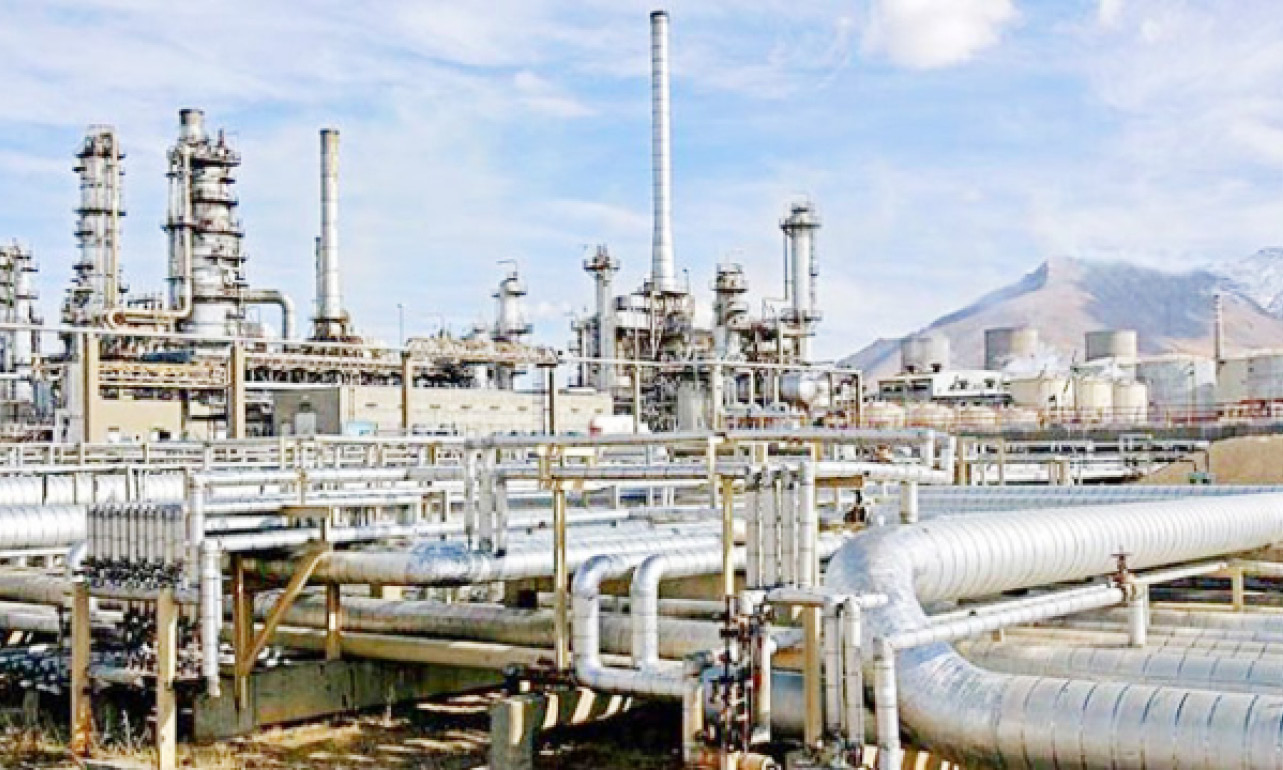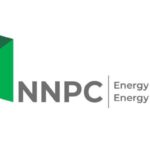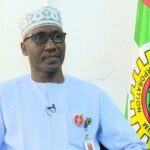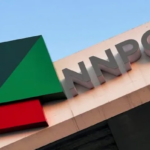Activities of oil thieves assumed a dangerous dimension last year, causing a lot of damage to Nigeria’s economy. The impact was so monumental that the country was forced to start looking for a solution.
In October, the Nigerian National Petroleum Company (NNPC) Limited discovered an illegal underwater 2.5mile connection from the Forcados export terminal operating undetected for nearly 9 years.
While the country has known the land-based pipeline taps for decades, an underwater one was the first of its kind.
In its continuous efforts to stem oil theft and restore Nigeria’s production to an optimum capacity, a private security contractor, in collaboration with the federal government security agencies and the NNPC, on December 31, 2022, destroyed a barge loaded with stolen crude. The barge was earlier arrested with suspects on December 22.
The barge, named MT Brighton 1, which was loaded with stolen crude, was apprehended in one of the creeks running into the Ramos River in Agge community, a border village between Delta and Bayelsa states.
Also, the security intervention team on the last day of the year demolished a filling station, Blessed Corporate Oil & Gas Services Limited in Opete, Warri, Delta State, for being in the custody of a truck laden with stolen crude and discharging the illegal contents into its underground storage tanks.
Virtually every month in the year under review witnessed one astonishing revelation or another, particularly reports of discoveries of crude oil theft in the Niger Delta, resulting in multi-million-naira losses to Nigeria on a daily basis.
One of the most recent onslaughts was by a former warlord, popularly known as Tompolo, who was engaged by the federal government to help stem the tide of crude oil theft. Tompolo exposed security officials as being party to criminality. It was reported that “16 hidden tapping points on the trans-Forcados/Ramos pipeline had been uncovered.”
Many more illegal pipeline tap points have since been discovered; and the discoveries are likely to continue in the new year. A report was recently released, revealing the destruction by military men of a ship used to convey stolen crude in an apparent effort to conceal those behind the theft.
The Group Chief Executive officer of the NNPC, Mele Kyari, at a Senate joint committees on Gas and Petroleum (Upstream and Downstream), said a four-kilometre illegal oil connection line from Forcados terminal into the sea, which had been in operation for 9 years, was detected during a clampdown.
“Oil theft in the country has been going on for over 22 years, but the dimension and rate it assumed in recent times is unprecedented,” Kyari said.
Allegations and insinuations have been rife to the effect that top functionaries of government and prominent people in the society, including clergies, are deeply involved in the illegal business.
Earlier in 2022, the Authority Chief Executive of the Nigerian Upstream Petroleum Regulatory Commission (NUPRC), Gbenga Komolafe, revealed that Nigeria lost about N434billion to oil theft between January and March.
According to the NNPC, the country loses 470,000 barrels of crude oil monthly to theft, amounting to $700million. The Valuechain Energy magazine also reports that despite an increase in the production quota assigned to Nigeria by the Organisation of Petroleum Exporting Countries (OPEC), the country continued to fail in meeting the quota for several months due to theft. Thus, from both the export and import ends of the petroleum industry, the volume of declared leakages was so massive that the general economy, which the petroleum resources are supposed to support, was in a parlous state.
The federal government, in its recently drafted fiscal strategy paper (2023-2025), said that oil revenues underperformed in the country due to significant production shortfalls, such as shut-ins resulting from pipeline vandalism and crude oil theft.
Kyari said, “Brass, Forcados and Bonny terminals were all practically doing zero production,” and the combined effect was “the loss of 600,000 barrels per day.”
He added that the NNPC carried out aerial surveillance of the affected areas and discovered “the economic saboteurs carrying out their activities unchallenged and unperturbed,” and that 395 illegal refineries had been deactivated, with 274 reservoirs destroyed, and 1,561 metal tanks also destroyed, while 49 trucks were seized in the process.
In the course of the year, Nigeria lost its status as Africa’s top oil producer to Angola following output decline among its peers in the Organisation of Petroleum Exporting Countries (OPEC).
The country further slipped to the fourth position on Africa’s biggest oil producers’ lists as its crude oil production dropped below Angola, Libya and Algeria in September 2022, according to OPEC data, which showed that Angola, Algeria and Libya produced more oil than Nigeria.
In 2022, Nigeria produced its lowest OPEC quota in decades, failing to take advantage of the high crude oil prices induced majorly by the Russia-Ukraine war. While OPEC’s production share for most of 2022 averaged 1.8million bpd for Nigeria, the country fell short of meeting its quota during the year, mostly hovering between 900,000 bpd and 1.2 million barrels per day for the greater part of the year.
The country largely failed to meet its allocation, which declined steadily from 1.39 million bpd in January to a low of 937,000 barrels in September before rising above 1 million bpd in October and November.
Dr Mohammad Sanusi Barkindo exited the scene in Nigerians and the global energy community was thrown into shock and grief on July 5, 2022. Barkindo died in Abuja at the age of 63, few days before he was set to finish his six-year term as secretary-general of the OPEC.
It was one of the major sad periods in the year for the oil and gas sector of the Nigerian economy. Until his death, Barkindo remained relentless in consolidating and solidifying the position of the producers’ bloc in the scheme of international energy diplomacy.
There appeared to be no respite for the late OPEC scribe in the face of the prevailing market crisis and his role in forging a coordinated response by the world’s leading energy producers. As the market remained in disarray due to the war in Ukraine, geopolitical tensions and global recession, Dr Barkindo’s OPEC’s intervention through the output cut became urgent in order to tame and avert global energy crisis.
North now an oil-producing zone
The decade also witnessed a renewed interest in oil exploration in the North by the federal government through the NNPC, in a bid to increase the country’s oil and gas reserves.
The President Muhammadu Buhari-led administration became the most dogged about the search, culminating in the eventual discovery of crude oil.
In November 2022, the president flagged off the Kolmani Integrated Development Project, the first crude oil project in northern Nigeria, on the boundary of Bauchi and Gombe states. The commercial quantity discovery was the first in the region after several crude oil explorations in the Upper Benue Trough.
During the flag-off in Bauchi, Buhari said the successful discovery of the Kolmani oil and gas field would attract foreign investment, generate employment and increase government revenue.
As a fully integrated development project comprising upstream production, oil refining, power generation and fertiliser, the project promises many benefits for the country, including but not limited to energy security, financial security and food security, as well as overall socio-economic development for the country.
The development is to the credit of the administration, that at a time when there is a near-zero appetite for investment in fossil energy, coupled with the location challenges, it was able to attract investment of over $3billion to the project.
Last line
The preceding analysis of events in 2022 showed that the sector performed below par and failed to live up to the expectation of Nigerians, amidst high oil prices.
For the common man, it would go down as a year scarcity of petroleum products became the norm rather than the exception; just as prices skyrocketed.




